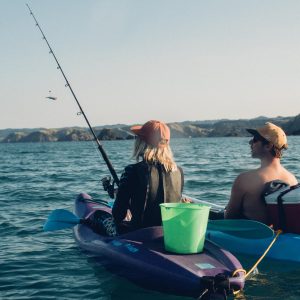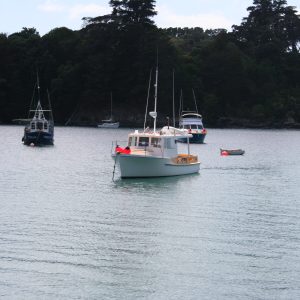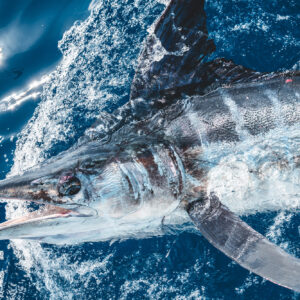After two years of planning and research we now know what recreational fishing is worth to the New Zealand economy. Kiwis spend a billion dollars a year on recreational fishing but the benefits don’t stop at the fish on the end of the line.
This expenditure ripples through the economy generating 1.7 billion dollars in economic activity, supporting over 8000 jobs and contributing at least $638 million to the New Zealand economy.
This research demonstrates how the economy around recreational fishing is responsible for enhancing the wellbeing of all New Zealanders.

Good news
These results must be welcome news for our decision makers and treasurers. At last, some positive news to counteract diminishing tax returns from the farming and business sectors being crushed by falling commodity prices.
Government policy makers also have something to celebrate. The recently released report: Recreational Fishing in New Zealand. A Billion Dollar Industry, provides enough evidence to support a recalibration of monetary focus – from low rent, bulk harvesting fishing practices to high value recreational uses of abundant fisheries.
For example, a fly fishing expedition targeting kahawai as part of a Lodge package must be more attractive and sustainable than wiping out entire schools to sell for a bizarre price, between $1.30 and $1.60 per kilo, whole frozen, no added value, no GST, to foreign shores. Add on a snorkeling trip, dolphin watching, a Maori cultural experience or local wine tour and we are getting into bonus territory of having high abundance and diversity in our marine waters.
Tourism is the fastest growing sector in the New Zealand economy. More people are arriving, they are staying longer and spending more. We need to be making the most of our opportunities to offer low impact marine recreation experiences for domestic and international visitors.
What’s the hold-up?
The only handbrake is current fisheries management policy that tries to maximise catch and largely ignores environmental factors to maintain bulk exports of our fish.
Having information on the size of the recreational fishing industry and the jobs this supports will help to refocus the compass onto the best use of our marine resources. This change in policy direction will only come about if it is based on sound economics and renewable sources of income, and this latest report provides that evidence in bucket loads.
Regional benefits
Relative to spending on other forms of recreation, it’s clear that people are willing to spend a lot of money on their fishing. For many fishers their boat is a major purchase, add on marina fees or a heavy duty towing vehicle and we have a convoy of money changing hands.
People also like to fish when on holiday. This activity drives money out of the main centres and into the regions, supporting much-needed jobs and businesses in coastal communities.
Last year a similar report showed that recreational fishing contributed AUS$3.4 billion to the New South Wales economy, generating over 14,000 jobs. Australian politicians are now scrambling to maximise their voter appeal by announcing a range of projects to support recreational fishing.
One proposal is to spend $35 million in NSW to phase out commercial netting, increase fish stocks, improve recreational fishing, boating and club facilities, and increase the numbers of recreational fishers by 25%, to one million by 2020. How good is that?
Recreational fishing is a winner on a personal, regional and national level. Adding a fishing experience to a tourist’s enjoyment of New Zealand’s other natural wonders, and hobbits, would be an easy sell. After all, New Zealand has been the reputed “Anglers Eldorado” since Zane Grey’s book in the 1920s.
Ninety years later we need a government committed to restoring abundance and diversity so we can maximise the value of our precious marine resources.





